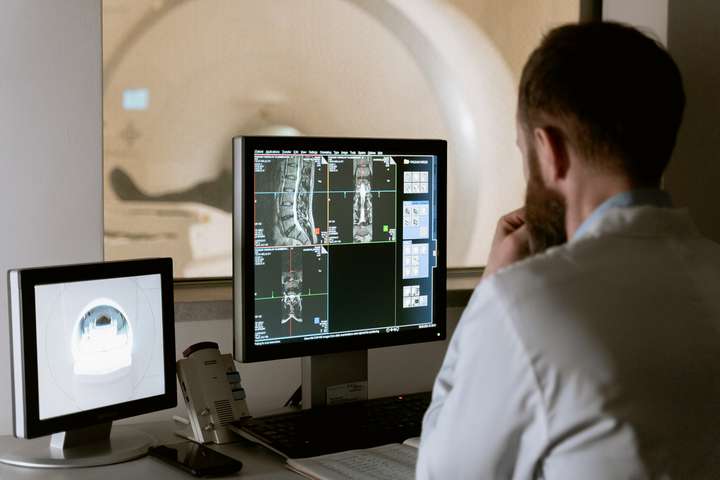In the ever-evolving landscape of healthcare, the digitization of medical records has become not just a trend but a necessity. With this transition comes the growing importance of medical record retrieval solutions that are pivotal in ensuring that healthcare providers and other authorities have access to critical patient data, leading to better care and improved healthcare outcomes. This article will delve into the complexities and challenges associated with medical record retrieval, emphasizing the need to anticipate and effectively manage these roadblocks.
The Complex Landscape of Medical Records and Data
Medical records are not confined to a single source or format. They encompass electronic health records (EHRs), paper documents, medical images, and more. Retrieving and consolidating information from such diverse sources can be a daunting task. Ensuring compatibility and cohesion across these formats is a critical challenge in the realm of medical record retrieval.

A significant portion of medical data is unstructured, residing in clinical notes, narratives, and even handwritten documents. Extracting meaningful information from unstructured data is complex, demanding advanced natural language processing (NLP) and machine learning algorithms. Handling this unstructured data efficiently is essential for comprehensive record retrieval.
A holistic approach to medical record retrieval is essential. It involves collecting data from various sources, maintaining its integrity, and ensuring its accessibility. Comprehensive solutions should enable access to a complete patient history promptly and securely.
Data Quality and Integrity
Ensuring the quality and integrity of retrieved medical records is paramount. Data accuracy is a matter of life and death in healthcare. Errors or discrepancies in patient records can lead to misdiagnosis and mistreatment. Establishing robust data validation and verification mechanisms is a critical aspect of any medical record retrieval solution.
Data Fragmentation and Interoperability
Healthcare systems often operate with disparate data systems and standards. Achieving interoperability among these systems is a significant challenge. Medical record retrieval solutions must bridge these gaps to deliver seamless access to patient records across various healthcare providers and systems.
Technological Limitations
The pace of technological advancements can outstrip the capabilities of existing medical record retrieval solutions. Staying current with technology trends and adapting systems accordingly is an ongoing challenge. Incorporating artificial intelligence (AI), machine learning, and blockchain technology can enhance the efficiency and security of these solutions.
Regulatory Compliance and Data Privacy
The healthcare industry is subject to stringent regulations and standards, such as HIPAA in the United States and GDPR in Europe. Medical record retrieval solutions must adhere to these regulations to protect patient data privacy and maintain compliance. Failure to do so can result in severe legal and financial repercussions.
Cybersecurity Threats
With the increasing reliance on electronic medical records, the threat of cyberattacks is a looming concern. Healthcare data is a prime target for cybercriminals, and breaches can have severe consequences. Robust cybersecurity measures, including encryption and intrusion detection, are imperative for protecting sensitive patient information.
Patients must have confidence in the way their medical data is handled. Transparency in data ownership and control is essential to build trust. Medical record retrieval solutions should empower patients to have control over their data, including who accesses it and for what purposes.
Strategies for Effective Challenge Management
Anticipating challenges is the first step in managing them effectively. Conducting risk assessments to identify potential roadblocks and developing mitigation strategies is crucial. This proactive approach minimizes disruptions in medical record retrieval processes.
Collaboration with technology vendors and healthcare partners is essential for addressing challenges. Vendors can provide updates and enhancements to their solutions, while partners can help streamline data sharing and interoperability.
Medical record retrieval solutions should not be static; they must evolve to meet changing needs and challenges. Continuous monitoring of system performance and seeking feedback from users can lead to ongoing improvements.
Final Thought
At Record Retrieval Solutions, they are dedicated to overcoming the challenges in medical record retrieval to ensure the highest standard of patient care. With their strategic relationships across the United States and commitment to staying at the forefront of technological advancements, they can be your trusted partner in navigating the complexities of healthcare data. Contact Record Retrieval Solutions today to discover how their expertise and innovative solutions can transform the way you access and manage medical records.

